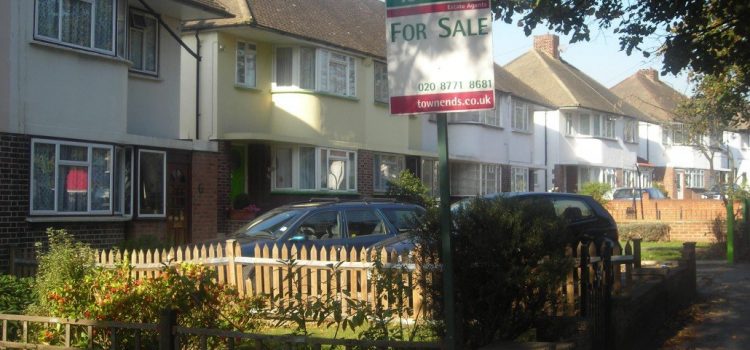No Brokers, No Fees, We Use Our Own Money
Month: July 2018
We Buy Homes For Cash
Anywhere In Any Condition
By jamie
A Beginner’s Guide – How To Buy A House – 10 Must Know Things
There probably aren’t many things more daunting in life than the prospect of buying your first house. With all the jargon, expense and legal aspects it can seem like a minefield of potential errors and pitfalls when you are new to it (and even when you are not), so let us help: read through our handy guide below, breathe, and let that dread in your tummy turn into excitement. After all, buying your first house is a big milestone event in your life; it should be enjoyable!
- Firstly, finances. If you’re planning on purchasing your first house, you’ll have saved up a deposit already. The next step is to find out how much you can borrow for your mortgage, which will give you your budget. Remember to hold some cash back from this equation for any estate agent fees, solicitor fees, stamp duty, and also any renovations/decorating you may want to do in your new home. Research mortgages to find the best deal.
- Getting a mortgage agreement is recommended as this can place you in a good position if it’s a choice between selling to you or someone without an agreement in place.
- Next you need to decide what you are looking for – this decision can sometimes be the hardest part! Keep your budget in mind when you answer these questions:What type of home are you looking for:
-
- Flat/house/maisonette/bungalow?
- How many bedrooms do you need?
- Do you want a garden?
- Do you need there to be parking?
- What location do you want to live in?
- Does there need to be a nursery/school nearby?
- A good public transport system? A local shop?
- Friends and family in the locality?
- Your family’s places of work within a certain distance?
- You could also check the crime rates for places you’re keen on; perhaps talk to some locals too to get a feel for the area. The more information you can collect, the better.
Work through these questions and whittle your list down to perhaps a couple of areas.
- The search begins! It’s time to start looking. You can find houses for sale listed in newspapers, on property search websites, estate agent websites/windows and you could even try driving around areas you like and looking out for For Sale signs! Another option if you have cash ready is to go to an auction – you could find a real bargain, although the chances are you’ll have to do some big renovations on a property bought in this manner.
- Now it’s time to book viewings through estate agents or private sellers. This is the fun bit, but don’t forget this is a serious decision so you need to make the right choice! Make notes and take photos if permitted, so you can discuss the pros and cons of each property later on with your family or friends. Feel free to book further viewings if you’re undecided. Don’t rush this stage – if there’s nothing suitable currently on the market, wait a while – don’t be tempted to opt for a property that’s out of your budget. Ask the seller/agent lots of questions, and keep your eyes peeled for any obvious problems such as damp. Check the Council Tax band.
- Once you’ve found a property you would like to buy, you need to put an offer in with the vendor. To decide on an amount to offer, you need to look at the guide price, your budget and also what similar properties in the area have sold for recently.
- If your offer is accepted, you will need to hire someone to assist you with the legal aspects of the sale – a licensed conveyancer or a solicitor. Phone around to find one at a decent price; don’t just go with the first one you call. Ideally a recommendation would be best; it is worth paying a little bit more for someone you know you can trust and will get the job done quickly and efficiently.
- Now is the time to get surveys organised, to check for any problems that may be lurking under the surface. If anything is found, it could affect if you still wish to buy the house or if you need to renegotiate the price with the vendor.Your mortgage lender will insist on a valuation also, to ensure the house is worth the amount you are paying for it.
- Once surveying is out of the way and you are happy with what you are buying and the price you are paying for it, it is time to exchange signed contracts with the seller. This is the stage at which you will pay your deposit, so bear in mind that if you change your mind now you willlose that deposit.
- Completion. This is the exciting stage where everything is finalised and you receive the keys to your new home! You will have a few fees to pay too though: solicitor/conveyancer fees, stamp duty and removals fees if required.
By jamie

